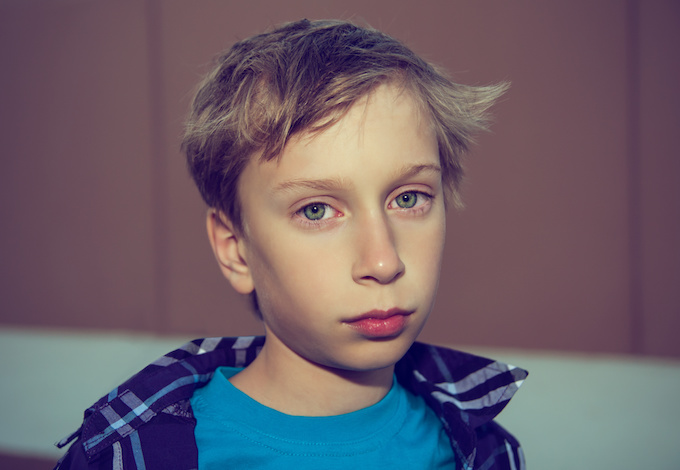
<h2>Poverty in this country is still one of the primary reasons that children are not thriving in schools and centres.</h2>
<p>The Child Poverty Reduction Bill was read for the second time in Parliament this week. The Bill aims to introduce legislation to set targets around the reduction of child poverty.</p>
<p>NZEI Te Riu Roa made a submission on the Bill saying that there needed to be a more child-centred approach in government to reduce poverty and that effective planning and policy-making to do this required good data.</p>
<p>Earlier this year, the Labour-led Government introduced the Families Package which included boosting Working for Families, introducing a Best Start payment for families with young children, and a winter energy payment.</p>
<blockquote>
<p>“This is a great step by this government to try to reduce some of the inequities children and their whānau are facing. But this has been a long-standing issue after years of neglect from the previous Government,” said NZEI Te Riu Roa President Lynda Stuart.</p>
</blockquote>
<p>A UNICEF report released earlier this week showed New Zealand is ranked in the bottom third of OECD countries in inequality in education across all three levels – early childhood, primary and secondary.</p>
<p>The Innocenti Report Card: An Unfair Start, Inequality in Children&#8217;s Education in Rich Countries said the gap between the OECD&#8217;s highest and lowest-performing students was made worse due to the effects of poverty.</p>
<blockquote>
<p>“NZEI has been saying consistently and constantly that children cannot learn when they are hungry and sick and live in cold, damp housing.</p>
</blockquote>
<p>“One of the best things we can do for children is to pay their parents a living wage and this includes boosting family income &#8211; through pay equity processes &#8211; so that low-paid women can provide for their children.</p>
<blockquote>
<p>“Living in poverty is beyond children’s control and we owe it to them and their whānau to get them out of poverty. Teachers and principals see the effects of poverty every day in their schools.</p>
</blockquote>
<p>“These children enter education at a disadvantage and drop further and further behind as they get older. Frankly, I find it heart-breaking.”</p>
<p>The Government announced a $5.5 billion surplus early last month.</p>
<p>The UNICEF report made a number of recommendations on how education inequality could be reduced including: the guarantee of high quality early childhood education and reducing the impact of socio-economic inequality through family allowances and public services.</p>

EXCLUSIVE: Teachers used to be paid two to three times more than minimum wage workers,…
After an “overwhelming” vote to reject the latest Government offer, secondary school teachers will begin…
Second-language learning should be compulsory, says a new report from a forum bringing together academics,…
A new entitlement aimed to improve access to learning support coordinators for schools with students…
Educators have raised questions about the Ministry of Education’s new secondary school subjects, set to…
Professional learning and development (PLD) for teachers needs to be higher impact for teachers and…
This website uses cookies.